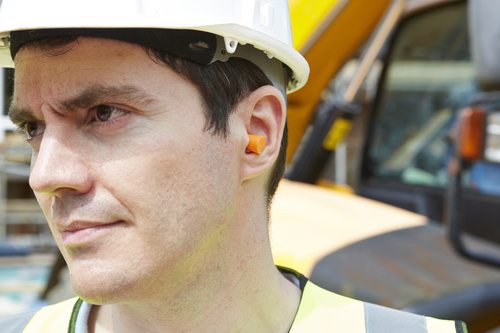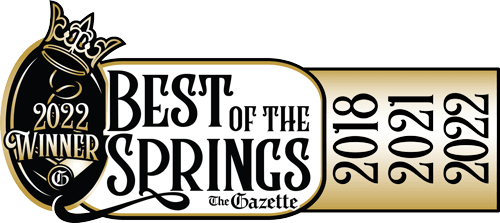In many cases, a person’s ability to hear fades so slowly, it goes unnoticed. You may think that your friends are mumbling more, that your spouse needs to speak up, or that you ought to buy a better phone. As long as you still hear some sound, you might assume your hearing is fine. But as hearing loss progresses, you may become more and more cut off from the world of speech and sound. It’s important to start practicing hearing conservation now, even if you don’t think it’s happening to you.
Hearing loss can be caused by a variety of factors, including the following:
- Advanced Age: This is the most common cause of hearing loss. Researchers don’t fully understand why hearing declines with age. They speculate that it could be that lifetime exposure to noise and other damaging factors slowly wear down the ears’ delicate mechanics. Your genes are also part of the mix.
- Noise: Exposure to loud noise can cause hearing loss, especially if your exposure is prolonged or repeated.
- Illness: Illnesses like heart disease, high blood pressure, and diabetes put ears at risk by interfering with the ears’ blood supply.
Infection: Infection or ear wax can block ear canals and lessen hearing. - Trauma: Certain types of trauma, especially a skull fracture or punctured eardrum, put ears at serious risk for hearing loss.




